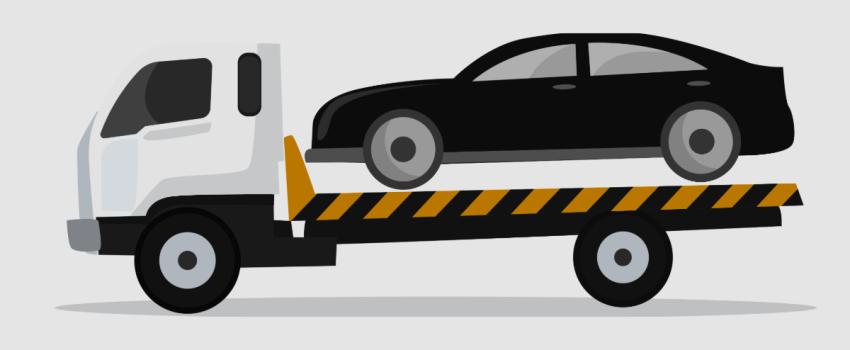
The Most Common Causes of Car Breakdowns
Car breakdowns can be frustrating and inconvenient, often leaving drivers stranded on the side of the road. While some breakdowns occur suddenly and unexpectedly, many can be attributed to common underlying issues that plague vehicles of all makes and models. In this article, we'll delve into the most frequent causes of car breakdowns, shedding light on why they occur and how they can be prevented.
Electrical Issues:
Modern vehicles rely heavily on complex electrical systems to operate various components, including ignition, fuel delivery, and entertainment systems. Electrical issues such as faulty wiring, blown fuses, or malfunctioning sensors can lead to breakdowns. Routine inspections by qualified technicians can help identify and address potential electrical problems before they escalate.
Locking System Failure:
Issues with the locking system, including malfunctioning key fobs or broken locks, can prevent drivers from accessing their vehicles or securing them properly. While this may not always result in a roadside breakdown, it can cause inconvenience and security concerns.
Misfuelling:
Accidentally filling up the tank with the wrong type of fuel is a surprisingly common mistake that can lead to engine damage and breakdowns. Using petrol instead of diesel or vice versa can cause serious issues, including engine stalling and fuel system damage. Drivers should always double-check the fuel type before refuelling to avoid this costly error.
Clutch Cable Failure:
For vehicles equipped with manual transmissions, clutch cable failure can render the vehicle undriveable. Signs of clutch cable issues include difficulty shifting gears, a spongy clutch pedal, or a complete loss of clutch control. Regular inspection and maintenance of the clutch system can help prevent unexpected failures and breakdowns.
Blocked Diesel Particulate Filter (DPF):
Modern diesel vehicles are equipped with a DPF to reduce harmful emissions by trapping soot particles. However, if the DPF becomes clogged or blocked due to insufficient regeneration or prolonged city driving, it can lead to engine performance issues and eventually breakdowns. Regularly driving at highway speeds and following manufacturer-recommended maintenance schedules can help prevent DPF problems.
Starter Motor Issues:
The starter motor is responsible for initiating the engine's combustion process. If the starter motor fails or malfunctions, the engine may not start, resulting in a breakdown. Signs of starter motor issues include a clicking sound when turning the key or slow cranking of the engine.
Overheating:
Engine overheating can occur due to various reasons, including coolant leaks, a faulty thermostat, or a malfunctioning cooling fan. Driving with an overheating engine can cause severe damage to internal components and lead to a breakdown. Regular coolant checks, proper maintenance of cooling system components, and avoiding driving in extreme temperatures can help prevent overheating-related breakdowns.
Faulty or Flat Battery:
A faulty or flat battery ranks among the leading causes of car breakdowns. Batteries can fail due to various reasons, including old age, extreme temperatures, or simply leaving lights or accessories on while the engine is off.
Faulty Alternator:
The alternator plays a crucial role in charging the battery and powering electrical components while the engine is running. A malfunctioning alternator can lead to battery drain and eventual failure. Signs of a faulty alternator include dimming headlights, a dashboard warning light, or difficulty starting the vehicle.
Conclusion:
While car breakdowns can be inconvenient and stressful, many of them can be prevented with regular maintenance and attention to common issues. By staying vigilant, addressing warning signs promptly, and following recommended maintenance schedules, drivers can reduce the risk of unexpected breakdowns and enjoy a smoother and more reliable driving experience.
Comments
Leave a comment
Your name and email address will not be stored in the browser and your email will not be published.